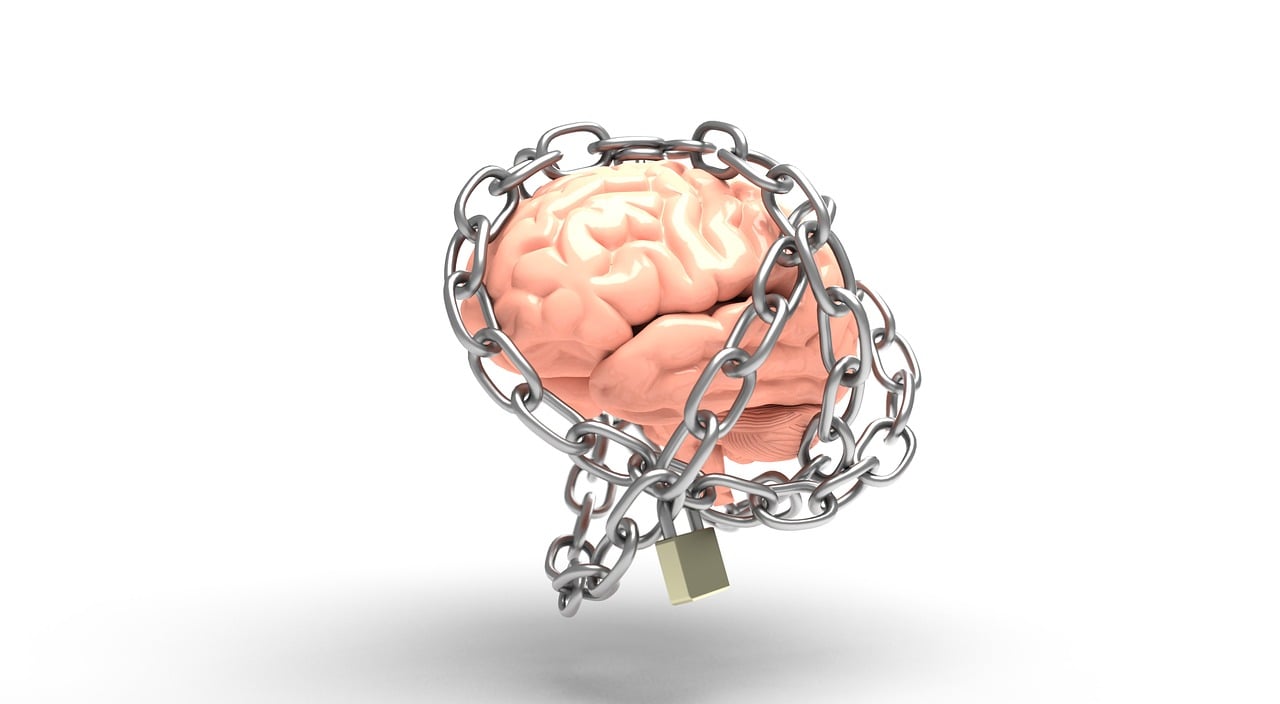Prioritizing Emotional Well-being in Home Care
Home care is an essential and growing aspect of healthcare that provides individuals with a range of services in the comfort of their own homes. This
Emotional and Mental Health Support: Addressing the Emotional and Psychological Well-being of Those Receiving and Providing Home Care
Home care is an essential and growing aspect of healthcare that provides individuals with a range of services in the comfort of their own homes. This form of care is especially significant for the elderly and those with chronic illnesses or disabilities. While the focus of home care is primarily on addressing physical health needs, the emotional and psychological well-being of both the recipients and providers of home care is often overlooked. This article explores the importance of emotional and mental health support in the context of home care and offers insights into how we can better address these needs.
The Emotional Toll of Home Care
Home care recipients often face physical, emotional, and psychological challenges that can take a toll on their overall well-being. They may be dealing with chronic pain, limited mobility, or the challenges of aging, which can lead to feelings of frustration, helplessness, and isolation. In addition, being dependent on others for daily tasks can lead to a loss of independence and self-esteem.
On the other hand, home care providers, typically family members or professional caregivers, also experience emotional and mental challenges. The demanding nature of caregiving can lead to stress, burnout, and feelings of guilt or inadequacy. Witnessing the decline in a loved one's health or providing care for patients with complex medical conditions can be emotionally taxing.
The Importance of Emotional and Mental Health Support
Quality of Life: Emotional and mental health support can significantly enhance the quality of life for home care recipients. It helps them cope with the challenges they face, maintain a positive outlook, and foster a sense of belonging and connection.
Reducing Caregiver Burden: Caregivers, both family members and professionals, require emotional and mental health support to mitigate caregiver burden. This, in turn, leads to better care outcomes and prevents caregiver burnout.
Improved Health Outcomes: There is a strong link between emotional well-being and physical health. When home care recipients have access to emotional support, they are more likely to adhere to treatment plans, leading to improved health outcomes.
Enhancing Relationships: The emotional well-being of both recipients and providers of home care is crucial for maintaining healthy relationships. Strong emotional support can strengthen the bond between caregivers and care recipients.
Ways to Address Emotional and Mental Health Needs
Education and Awareness: Raising awareness about the emotional and mental health needs of home care recipients and caregivers is the first step. Training programs and educational materials can help both parties understand the challenges they may face.
Professional Counseling: Access to professional counselors or therapists who specialize in caregiving-related issues can be invaluable. These experts can provide guidance, coping strategies, and a safe space for discussing emotional concerns.
Support Groups: Creating support groups for home care recipients and caregivers allows them to connect with others facing similar challenges. These groups offer emotional support, a sense of community, and the opportunity to share experiences and advice.
Respite Care: Caregivers often need a break from their responsibilities to recharge. Respite care services can provide temporary relief and ensure caregivers have time for self-care.
Technology-Based Solutions: In today's digital age, technology can play a significant role in providing emotional and mental health support. Mobile apps and telehealth services can connect individuals with mental health professionals and resources.
Emotional and mental health support is a critical component of effective home care. Recognizing and addressing the emotional well-being of both care recipients and providers can lead to better health outcomes, reduced caregiver burden, and enhanced quality of life. As the demand for home care continues to grow, it is imperative that we prioritize the emotional and psychological well-being of those involved in this essential healthcare service. By doing so, we can ensure that home care truly becomes a holistic approach to health and well-being.
Addressing the emotional and psychological well-being of individuals involved in home care requires a collaborative effort from healthcare professionals, policymakers, and families. Here are some additional considerations and strategies for fostering emotional and mental health support within the home care framework:
Personalized Care Plans: Develop individualized care plans that consider the emotional and mental health needs of home care recipients. These plans can include goals and strategies for maintaining or improving mental well-being alongside physical health objectives.
Holistic Assessment: Healthcare providers should conduct comprehensive assessments that go beyond just physical health. This includes screening for depression, anxiety, and other mental health concerns, especially among the elderly and those with chronic illnesses.
Family Involvement: Encourage open communication among family members involved in caregiving. Acknowledging the emotional impact of home care on family dynamics is essential. Family members should feel comfortable discussing their concerns and seeking support when needed.
Training and Support for Caregivers: Caregivers need proper training not only in medical care but also in managing the emotional aspects of caregiving. Training programs should cover stress management, effective communication, and self-care strategies.
Integration of Mental Health Services: Home care agencies and healthcare systems should integrate mental health services as part of their care offerings. This includes readily connecting individuals with therapists, counselors, and psychiatrists when needed.
Telehealth Services: Telehealth options for mental health support can be especially beneficial in home care, as they provide convenient access to emotional support for both recipients and caregivers, particularly in remote or underserved areas.
Routine Check-Ins: Regular emotional well-being check-ins should be part of the care routine. Care providers can assess mood, stress levels, and overall emotional health during their visits and adapt care plans accordingly.
Early Intervention: Prompt identification and intervention in cases of emotional distress are crucial. Mental health issues should be addressed early to prevent them from escalating into more severe conditions.
Community Resources: Connect home care recipients and caregivers to community resources and services that offer emotional and mental health support. These resources may include senior centers, support groups, and social services.
Health Insurance Coverage: Advocate for insurance policies that provide adequate coverage for mental health services related to home care. Improved coverage can make mental health support more accessible and affordable for those in need.
Ensuring emotional and mental health support within home care is essential for promoting the well-being of both recipients and providers. This holistic approach not only contributes to better health outcomes but also fosters a sense of dignity, independence, and connectedness among those receiving home care. By prioritizing emotional and mental health support, we can create a more comprehensive and compassionate home care system that truly addresses the needs of the whole person.



Join the conversation